It’s been a terrible, horrible, no good, very bad week for Netflix. On Tuesday, they revealed that their decade long run of subscriber growth had gone into reverse, with the company expecting to shed two million subscribers in the current quarter. They lost close to 40 percent of their market value. They’re talking about scaling back on their content spend. They’re thinking about introducing ad-supported subscription plans. They are working hard to crack down on password sharing. Drastic measures for difficult times.
But you don’t have to follow the news, track their stock, or read analyst research notes to realize that something was amiss. Long before this week’s revelations, the everyday subscriber could already sense that their Netflix experience was changing. And not for the better.
You don’t need to be a Wall Street analyst to know that the problem with Netflix isn’t password sharing. They aren’t losing subscribers because your cousin, his girlfriend, and her best friend are all using the same account. There is this misplaced notion that the people who are currently sharing passwords, if locked out, will suddenly feel the urge to pay for a subscription. And if our experience here in Malaysia has taught us anything, it is that those people will just find other ways to get that content without having to pay for it. (Torrents. Android boxes. Free streaming sites. You know what I’m talking about.)
Netflix has serious a content problem. 1) There’s just too much of it. 2) And most of it isn’t very good.
Netflix wants to be your one stop shop. They want to be everything to everyone. And to that end, their plan has involved buying as much programming as they can, across all possible genres, in order to cater to every demographic. The problem with this content acquisition strategy is that it feels completely indiscriminate. So much so that quality seems to have become anathema to everything Netflix stands for.
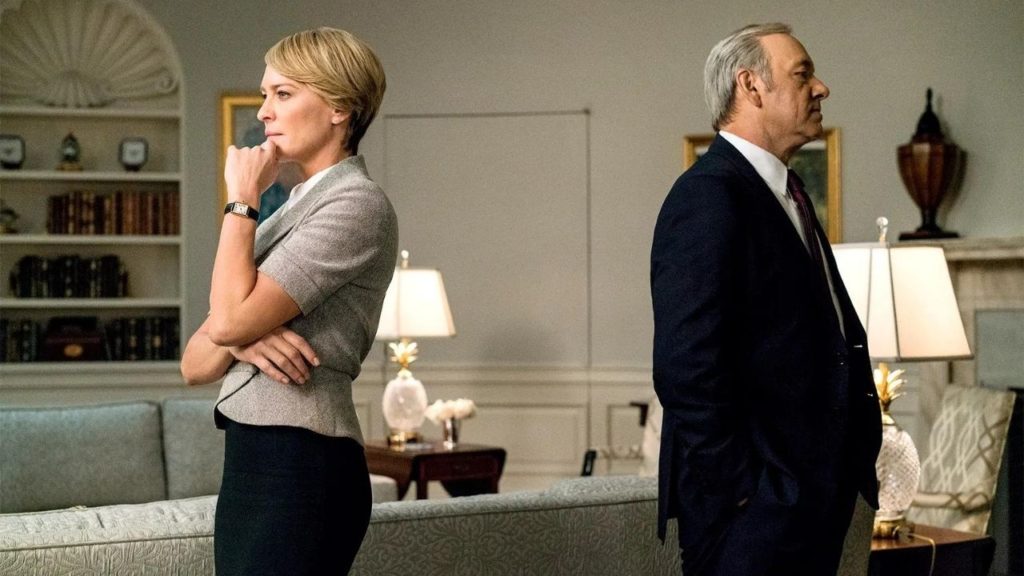
This is the company that once challenged the Hollywood status quo. They forced studios and networks to rethink their approach to making movies and television. Netflix changed the way we consume entertainment. They were the benchmark. They drove the cultural conversation. With House of Cards and Orange Is the New Black. With Dark and Mindhunter. With The Haunting of Hill House.
Over the last two years, however, there have been only two “originals” that have, in any way, moved the needle. In 2020 it was The Tiger King. In 2021 it was Squid Game. Their crown jewels are all legacy shows: Stranger Things, The Crown, Cobra Kai, Ozark. The Witcher is in no way the next Game of Thrones. And Bridgerton, while incredibly popular, isn’t quite as revolutionary as it once was. Their big gambles on Kenya Barris and Ryan Murphy haven’t really paid off. And they’re still chasing that elusive Best Picture Oscar.
Meanwhile, their biggest competitors – HBO, Apple TV Plus, Disney Plus, and Amazon Prime Video (I exclude Peacock and Paramount Plus because they don’t have a global presence) are far more selective and discerning in their curation. They may only release a fraction of the content that Netflix does, but their focus on quality storytelling means that their shows leave more of an impact. They aren’t as disposable.
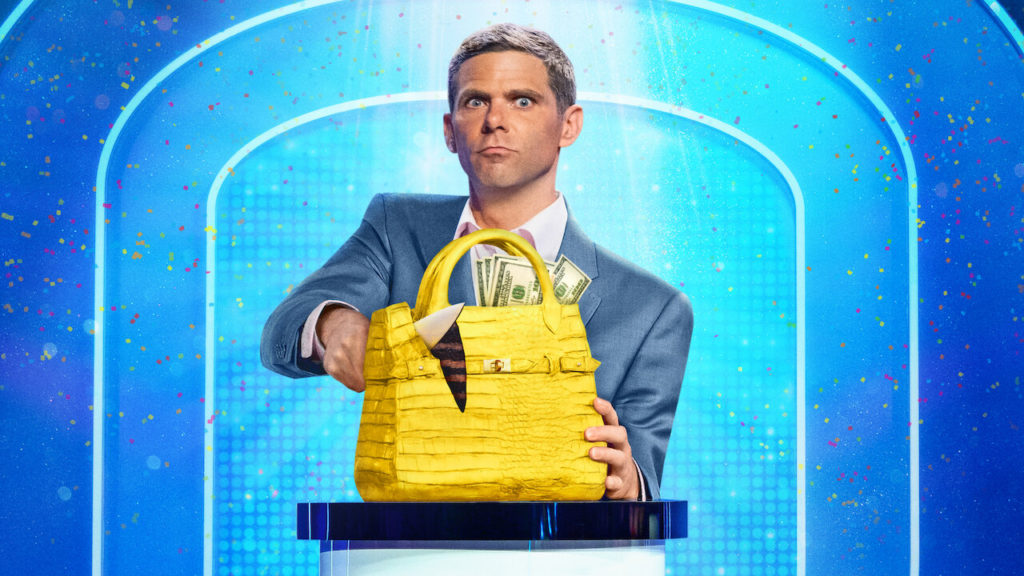
Here’s an apt analogy. As you doomscroll through Netflix’s endless catalogue of shows like Is It Cake? and Best Leftovers Ever!, as you skip past yet another season of The Circle (or Too Hot To Handle, or The Ultimatum: Marry or Move On), as you wonder why the sitcom continues to thrive on Apple TV Plus (see: Ted Lasso, Acapulco, Dickinson, Mythic Quest, The Afterparty) but not on Netflix (see: Dad Stop Embarrassing Me!, The Crew, Pretty Smart, Country Comfort), you begin to realize that they have become the Buzzfeed of streaming services, driven by data, entirely reliant on algorithms, and craving clicks. Their competitors, on the other hand, are more akin to The New Yorker or The Atlantic, where content is curated with a human touch, and where the success of one show doesn’t result in a slew of pale imitators.
And then there is the issue of choice. Only we’re no longer spoilt for it with Netflix. Yes, there is more content than we can ever hope to watch in one lifetime, but so much of it is dispensable. What do we watch once we’re done with Lupin and Midnight Mass? Where are the water cooler shows? How much is there that truly challenges us, inspires us, entertains us? Are we getting our money’s worth? Because it’s beginning to feel a lot like cable. It’s the promise of thousands of channels, with an infinite amount of content, that finds you flipping through for hours on end before passing out on your couch while an old episode of Friends runs in the background. (If only they still had Friends in their catalogue.)
But it’s not too late though. And fixing it doesn’t require the reinvention of the wheel. Hell, it doesn’t even require a hard crackdown on password sharing. Instead, it’s about stepping back and employing the same philosophy that made us all fall in love with Netflix in the first place. By producing movies and TV shows that are unique, and fresh, and original. By spending money on stories and not just big names and big trends. By using the data as a way to improve content instead of having it be the ultimate decider of what gets made.
There is still a tremendous amount of public trust in the Netflix brand. (They did, after all, play a massive part in helping the world survive a pandemic.) They just need to reclaim the words “Netflix Original” and have it once again stand for quality.

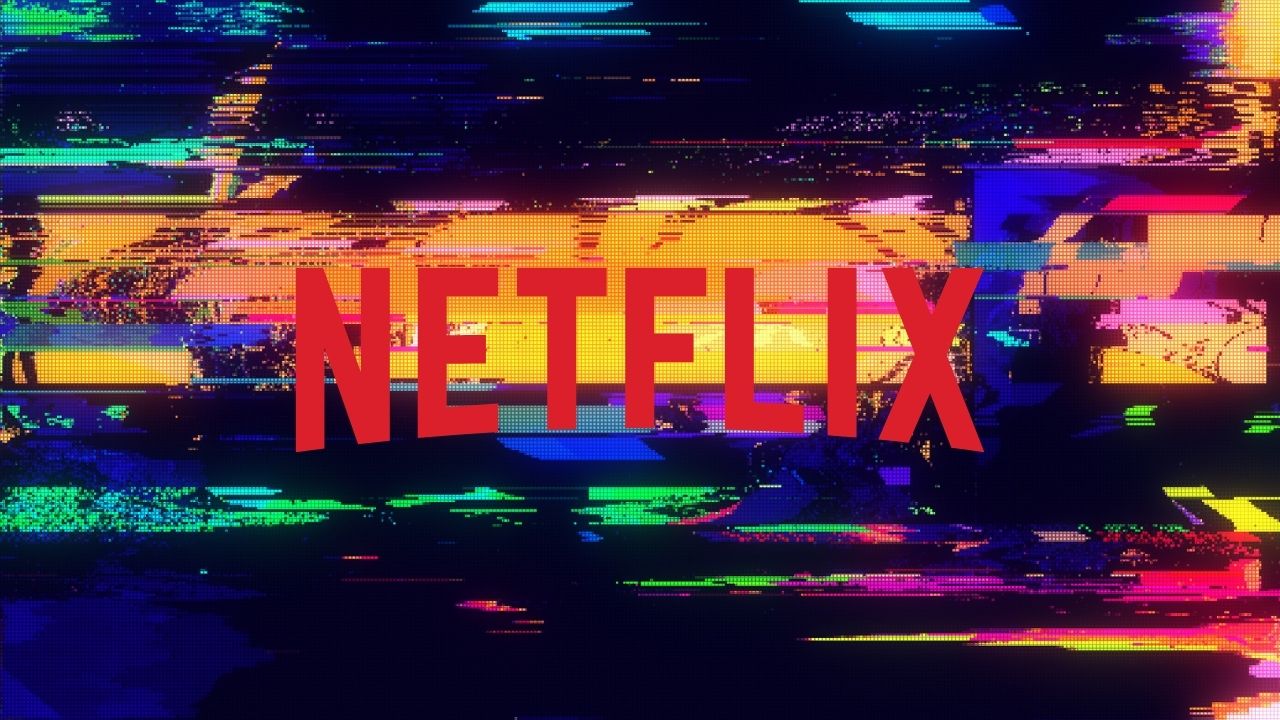
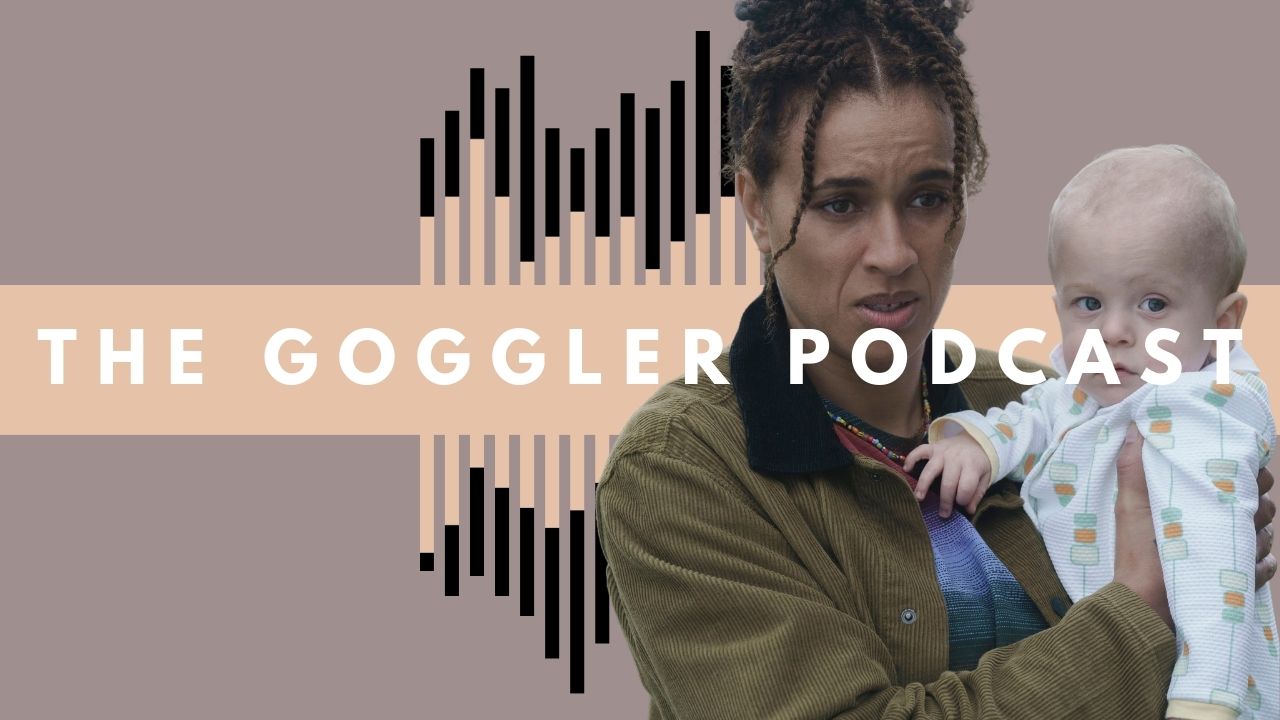

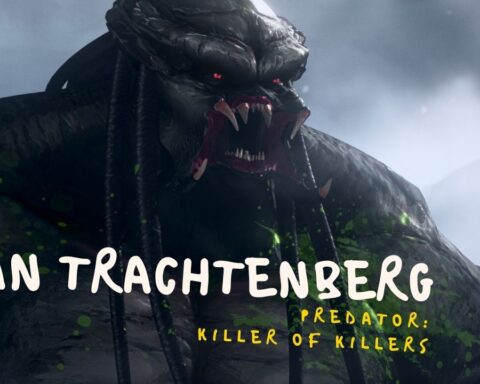


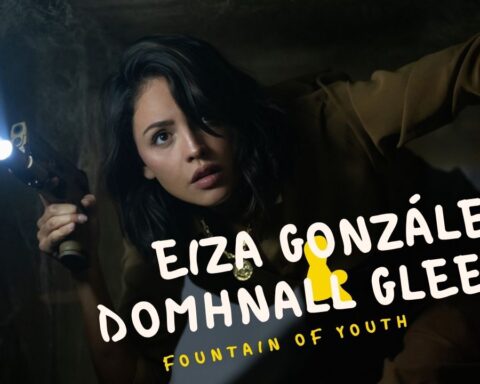
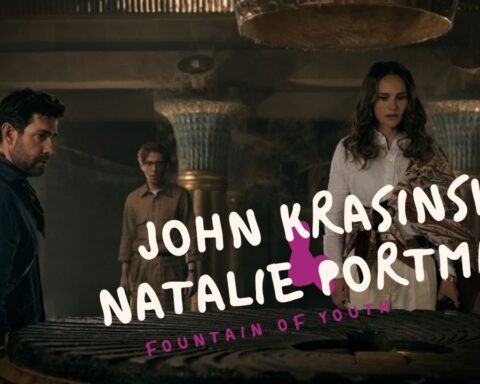
Follow Us